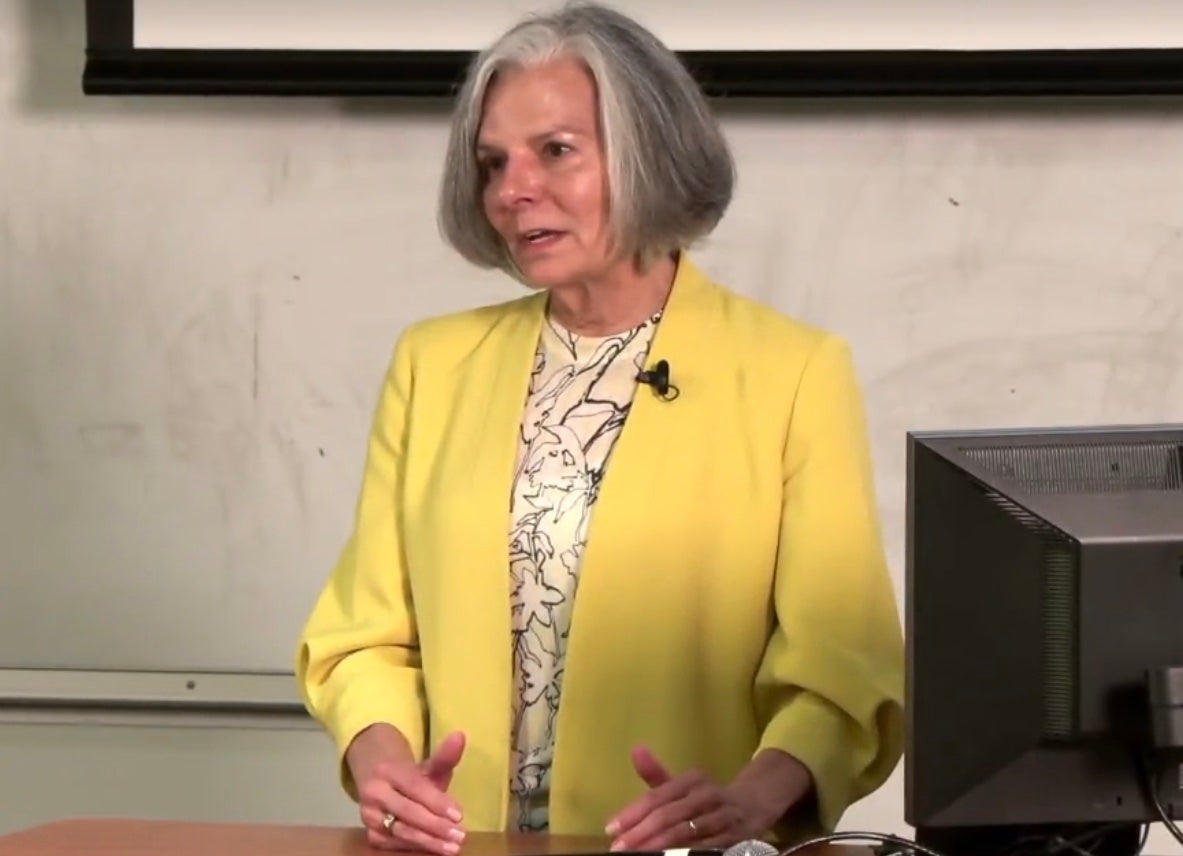John F. Brooks II to Present 2024 Richard J. Meyer Lecture Nov. 8
Dr. Brooks’ research focuses on the circadian clock regulation of host-microbe dynamics.

Dr. John F. Brooks II, Assistant Professor of Microbiology at Princeton University, will be hosted by Dr. Arielle Woznica for the Second Annual Richard J. Meyer Lecture on Friday, Nov. 8, 2024 at 3:30 pm in NHB 1.720. The title of his lecture will be The Circadian Clock Directs Daily Rhythms in Resistance to Enteric Pathogens.
Dr. Brooks is currently a Hanna Gray Fellow with the Howard Hughes Medical Institute, and was recently named a Pew Scholar in the Biomedical Sciences by the Pew Charitable Trusts. He was previously a postdoctoral researcher at the University of Texas-Southwestern Medical Center.
Dr. Brooks’ research focuses on the circadian clock regulation of host-microbe dynamics. This research examines how the circadian clock works with the immune system to maintain harmony with the gut microbiome. His lab discovered that key antimicrobial proteins (AMPs) - which kill or inhibit the growth of bacteria in the small intestine - display a daily rhythm that’s dependent on the circadian clock. However, they found that during persistent gut infection these AMPs are produced continuously, helping the body overcome infection.
Currently, the mechanisms governing the relationship between the circadian clock and the immune system are not well understood. Using methods in cell and molecular immunology, mouse genetics, and genomics, Dr. Brooks’ lab is currently examining how persistent infection overrides the circadian clock’s directives and stimulates the continuous secretion of AMPs to help eradicate infection. This work could lead to novel therapies for disorders associated with the disruption of circadian rhythms, including obesity, diabetes, and chronic gut inflammation as well as vulnerability to food-borne pathogens such as Salmonella or E.coli.


